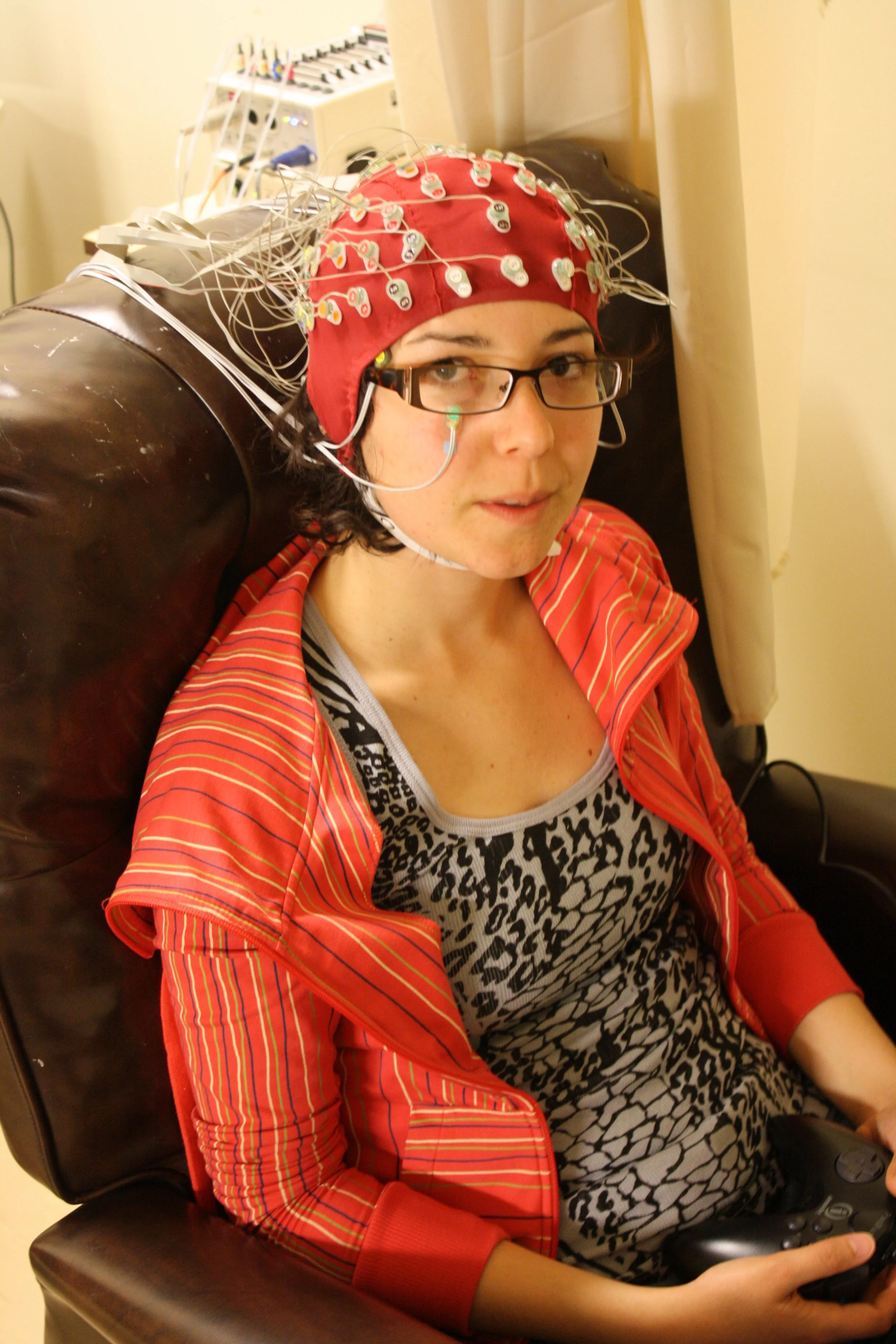
Only Connect
Should you get to know your therapist?
Why it’s a good idea to know something about your therapist.
Did you know that the number one biggest factor that determines successful outcomes in therapy is the relationship you have with your therapist?
Feeling safe and building a trusting therapeutic alliance allows you to bring your authentic self, feel valued and empowered. This takes time and a therapist that aligns with your needs.
How do you know if a therapist is right for you?
How can you tell whether you vibe with anyone? Get to know them! Of course, a therapist will not share everything about themselves as the therapeutic relationship is about supporting you, but knowing something about their training and life experience can help you feel safe, understood, and develop trust.
Have a look through their website and online professional profiles. Ask them questions. Lots of questions if you like :)
But the best way to know whether they are right for you?
Meet with them!
Most therapists offer a free consultation to get to know each other. Take advantage of this meeting to ask them any questions that would help you feel more comfortable and safe in therapy.
A little about me
Why did you become a therapist?
I have known anxiety, depression, despair, and loss intimately. I have also experienced the transformational power of working with the right therapist. I want to share this with others because I know each one of us deserves experiencing healing, growth, and ease in our lives.
What did you do before?
Before training as a therapist, I was a neuroscientist, a Buddhist nun, a world traveller, and a forest cabin dweller, among others.
Are you neurodivergent?
Yes! I have often felt lost in the ‘regular’ world. All my life experiences were attempts at understanding why am I different, why do I struggle, and how can I ‘fix’ it?
Are you a scientist?
Imagine if Andrew Huberman were a therapist! Just kidding (slightly). I hold a degree in neuroscience, and while I don’t research anymore, I LOVE all things brain and nervous system.
I keep on top of the latest evidence and distill it for you in therapy to help you befriend your nervous system. I’ve found that understanding our own unique wiring and why we do the things we do goes a long way towards holding ourselves with a lot more compassion and gentleness.
Are you a Buddhist?
I am no longer a practicing Buddhist. I am a trained meditation guide but offer a much more practical and relatable approach now. I appreciate the role of both science and spirituality in our lives, our growth, our sense of meaning, and in therapy. I welcome people of any and all spiritual inclinations even if I myself don’t fit under any particular spiritual umbrella. I feel most at home around trees and mountains.
Working with me
I am trained as a pluralistic therapist, meaning that I see you as the co-pilot of your experience of therapy (you are the expert on your own life).
Therapy is not a one-size-fits-all.
We will collaborate to find the best therapeutic approaches that suit your individual needs and preferences.
I practice from a neurodiversity-affirming lens, which means I view you as a unique person part of the naturally occurring neurological diversity of humans, and not just a label or a diagnosis.
What you can expect from me in our sessions:
Authenticity, warmth, deep listening, gentle + fierce compassion, being guided by your needs and knowledge of yourself, laughter (yes laughter! there is space for giggles in therapy, as well as tears), sharing tools and strategies for nervous system regulation, being your advocate, being an impartial sounding board, helping you unpack difficult situations or decisions, gently reframing unhelpful mindsets and thought patterns.
Check out my FAQ and Brain Blog (Coming soon) to learn more about therapy, the brain, and neurodiversity.
Qualifications & Certifications
MSc Counselling (Abertay University)
BSc Neuroscience (McGill University)
National Autistic Society certified
Certified Shambhala Meditation Guide





